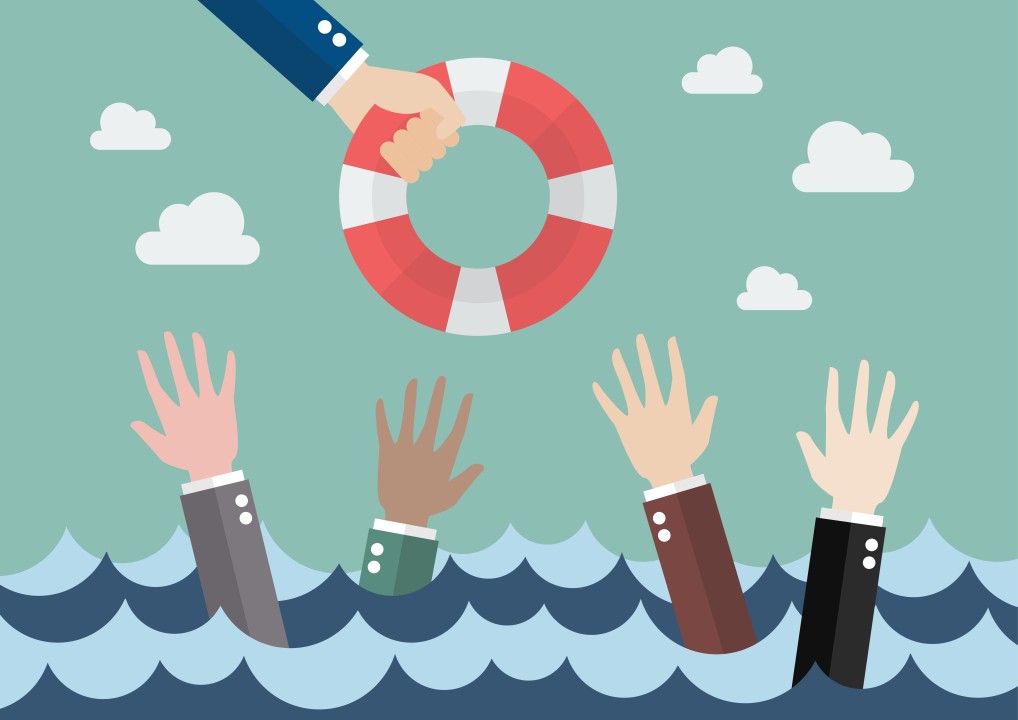Haven’t heard of ‘pandemic bullying’ before? That is because I just made it up. Over the past week I have heard of more incidents of workplace bullying and harassment from my clients, friends and associates than I have over the past 12 months. One only needs to look to the poor treatment of our supermarket workers in recent weeks for a prime example. Unbelievable.
Everyone is in a heightened state. We know that. Many are struggling. We know that. There is fear and panic. We know that too. But what are we doing to look after our people as much as we possibly can right now?
For the past 17 years I have worked with organisations in Australia and the UK around safety and culture, often during times of ‘crisis’. For example following workplace fatalities. The aftermath is always devastating. Over my career I have seen employees and leaders work in contradiction to every corporate Value, Mission Statement and ‘Safety is no 1’ catch-cry proudly displayed in their meal rooms.
Here are 3 things I know to be true right now:
- If you are a leader, your people need you now more than ever. Your people need connection, they need communication, and they need it to be genuine. Don’t assume anyone is okay just because they are logging on to their new Zoom app working remotely or dealing with (panicked) customers over the phones/in person, we know many are not. Check in, keep your people updated with regular communication, thank them for their efforts and hard work, make calls to ask if people are ok, offer as much support as you can. Remind your people and customers/clients of your values/behavioural expectations and safety standards – i.e. that even during this time of crisis – they still apply, that we must work safely and respectfully. Without this connection and communication, the risk of bullying and harassment at work will rise as quickly as this virus is spreading.
- It is time to dust off your safety/culture systems for real. As we move through this pandemic, make sure your safety systems are not simply ‘lip-service’. My guess is that COVID-19 will be the test of a lifetime for your systems – how do you want to come out the other side? As the situation evolves, keep working on your risk management process – what are the current and future risks to our workers and others now? today? Everything is changing so rapidly, this means so does our approach to risk management, it must constantly adapt. What can you genuinely do to identify, assess, eliminate/control the risks to your people and organisation? Ask questions, consult with your people, ask what they are most concerned about. Remind them to keep reporting hazards, concerns, near misses. Try your best to fix things. I have seen so many examples of late of this risk management piece being half-done (with a good dose of hoping) resulting in workers being totally exposed to the physical and psychological risks out there. It is time to be as proactive as you can (as our laws in Australia expect) and think this through, for instance, do we need: more effective PPE?; safer work stations?; to quickly upskill our workers on working with aggressive customers?; more effective communications to customers/clients re delays and our expectations around behaviours; a mental health strategy?; do we need more emotional support?; a more sophisticated security presence to protect our people?; better communication processes across the board?; any updated training for leaders to cope with the current situation. In my view, physical and psychological safety are inextricably linked. It all starts with identifying and assessing the physical and psychosocial risks, do this well, then focus on implementing the outcomes as best as you can and monitor/review them to see if they actually work. Focusing on safety will hopefully give you a fighting chance of minimising ‘pandemic bullying’ in your organisation during this difficult time.
- It is vital to support your people and focus on mental health – as I said above, we simply cannot assume people are okay right now. Our lives have been tipped sideways (for some completely upside-down). Think about what you can do to relieve stress and be supportive however you possibly can. Underlying stress, panic and fear puts strain on workplace relationships. Do you have an employee assistance program (EAP)? if so, what services are they offering right now to help? Communicate these support services to your people. Ask people ‘R U OK’? Ask what you can do to help them, it might be the simple support measures that might be the most valuable right now. Maybe you can look at implementing other emotional support mechanisms for now (for e.g. R U OK?, Lifeline, Beyond Blue, Reach Out). Keep having conversations and show your people that you care. I promise you, they need to hear it and your continued support will go a long way in reducing the risk of ‘pandemic bullying’.
Wishing you all the very best.
Karen Maher
Disclaimer – This article or contents within are not to be taken as legal advice.

